order histories, retained contact details for faster checkout, review submissions, and special promotions.
Forgot password?
order histories, retained contact details for faster checkout, review submissions, and special promotions.
Location
Corporate Headquarters
Vector Laboratories, Inc.
6737 Mowry Ave
Newark, CA 94560
United States
Telephone Numbers
Customer Service: (800) 227-6666 / (650) 697-3600
Contact Us
Additional Contact Details
order histories, retained contact details for faster checkout, review submissions, and special promotions.
Forgot password?
order histories, retained contact details for faster checkout, review submissions, and special promotions.
Virology Research Products
Viruses are obligate intracellular parasites that contain either an RNA or DNA genome. They are classified on the basis of morphology, chemical composition, and mode of replication. The viruses that infect humans represent only a narrow slice of the wide variety that infect hosts from protozoa to plants, fungi, bacteria, and vertebrates, but are responsible for causing many human and animal diseases. LSBio offers antibodies, proteins, ELISA kits, assay kits, and chemical compounds used by researchers to study and develop diagnostics and therapeutics for major viral diseases.
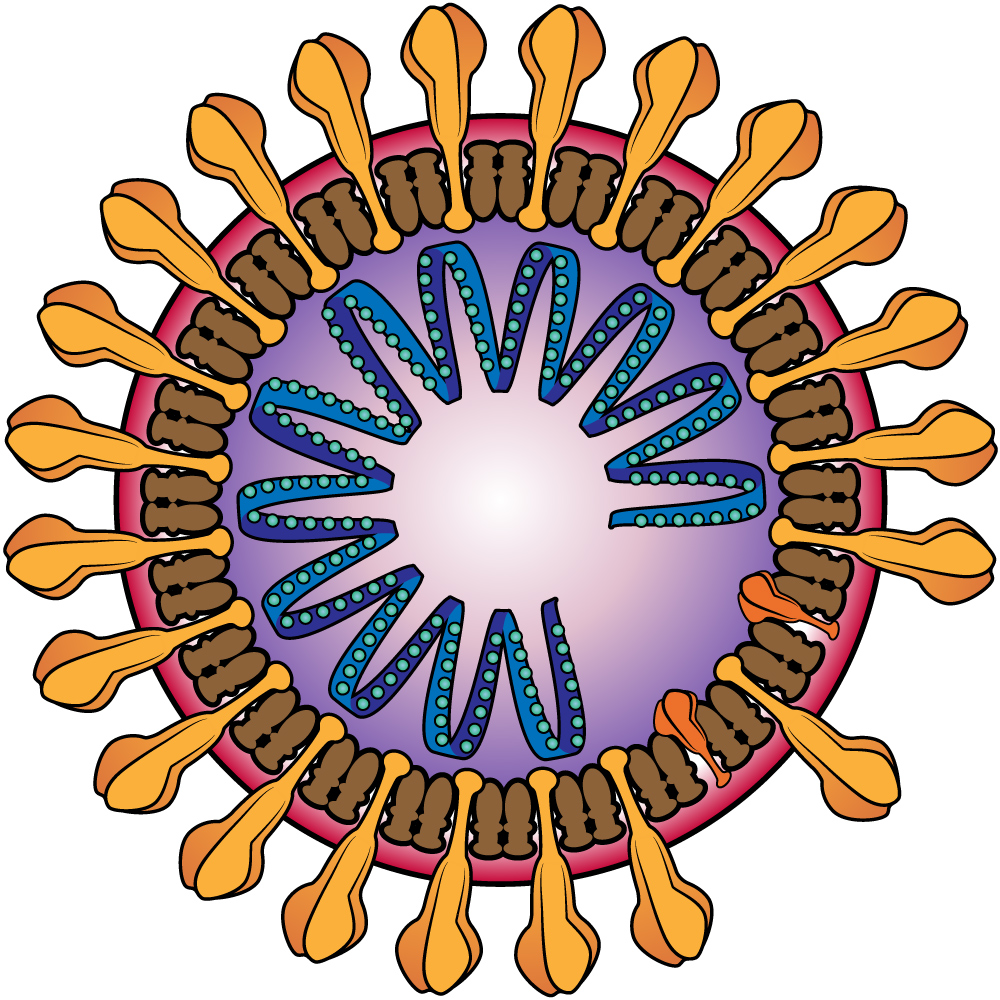
Coronaviridae (COVID-19)

Polyomaviridae (SV40)
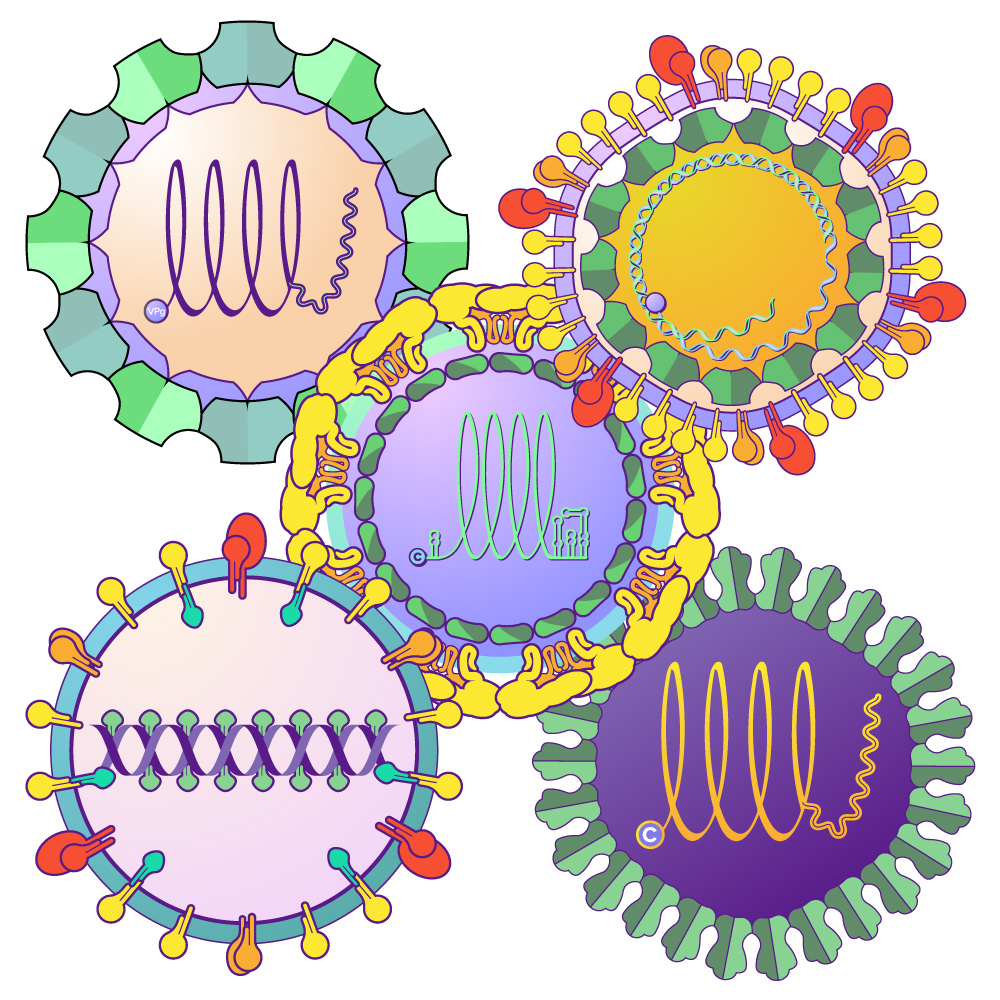
Hepatitis Viruses
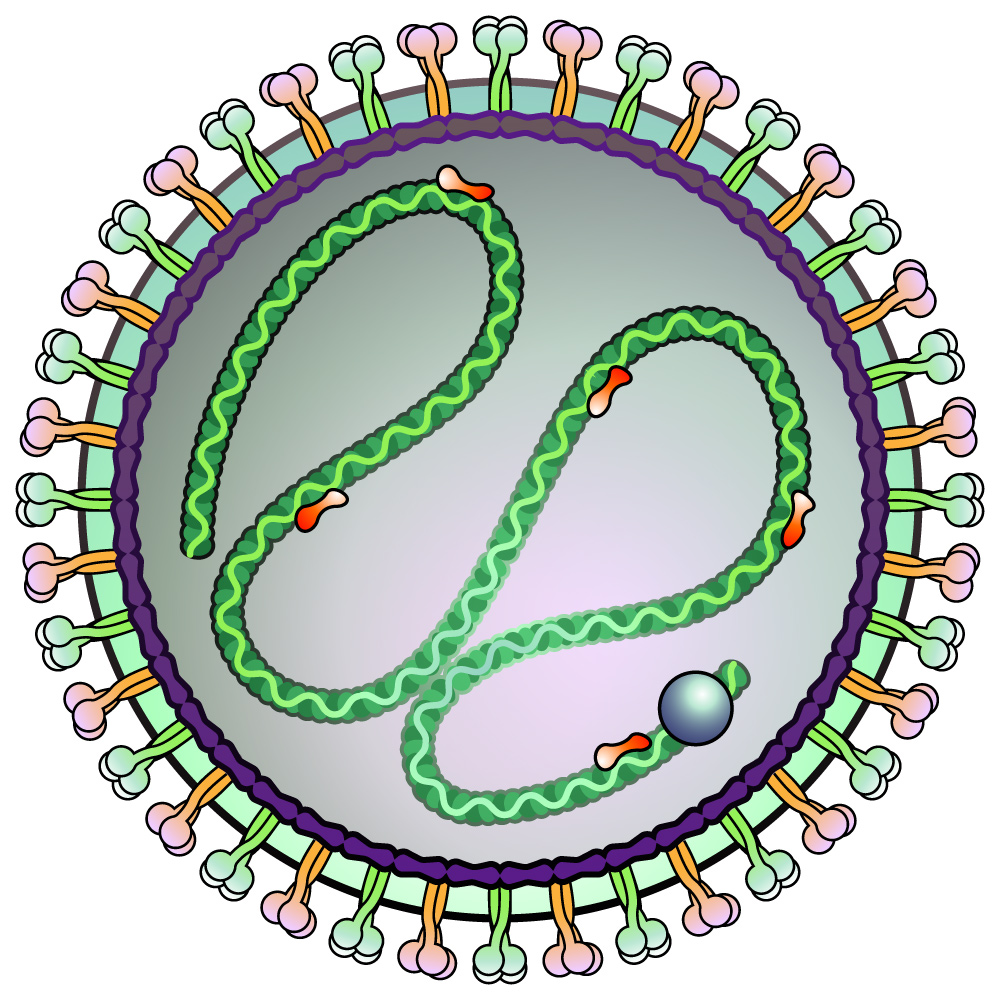
Paramyxoviridae (Mumps)
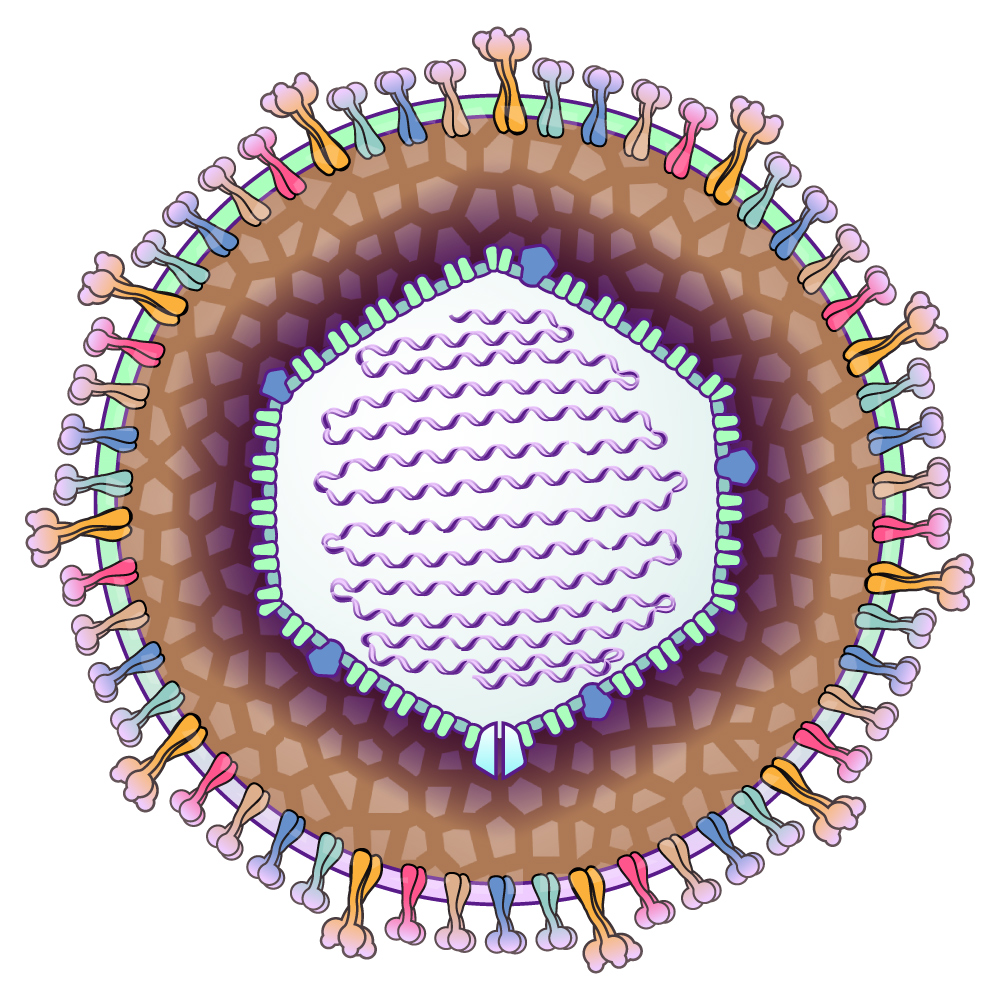
Herpesviridae (Herpes)
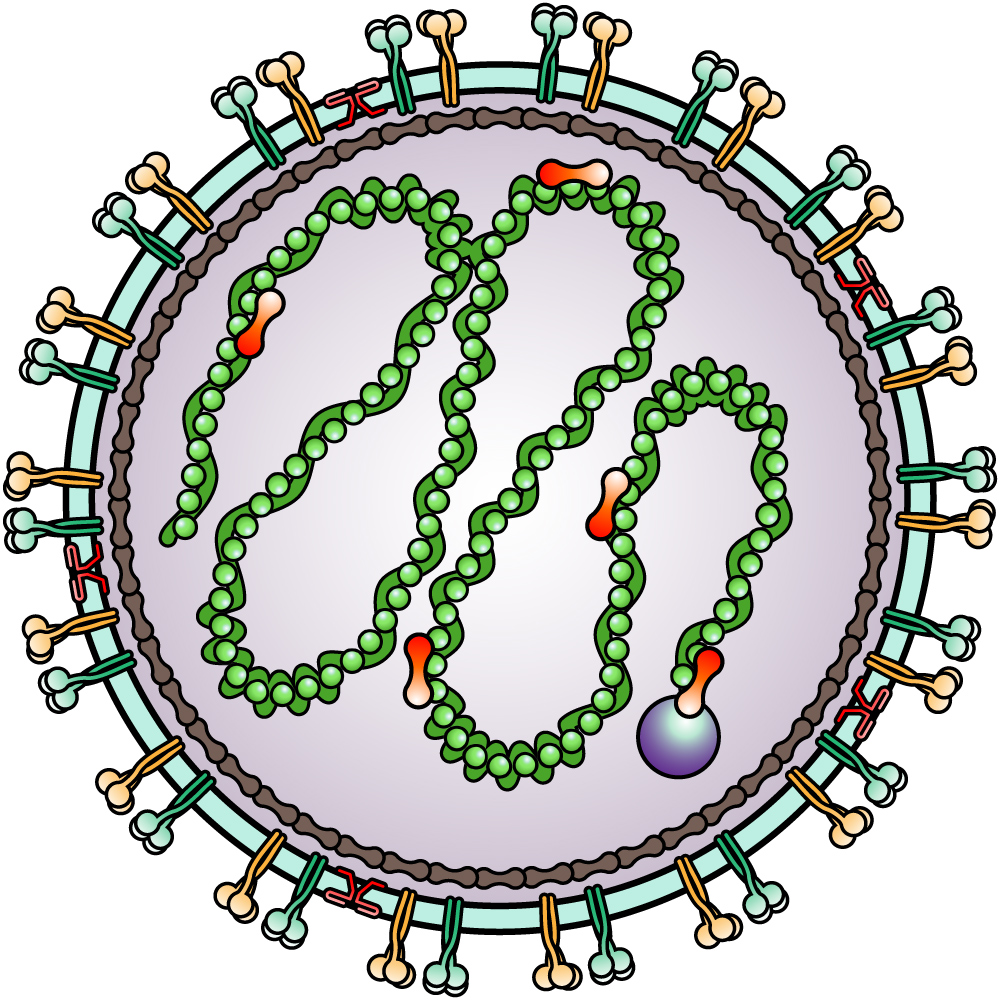
Pneumoviridae (RSV)
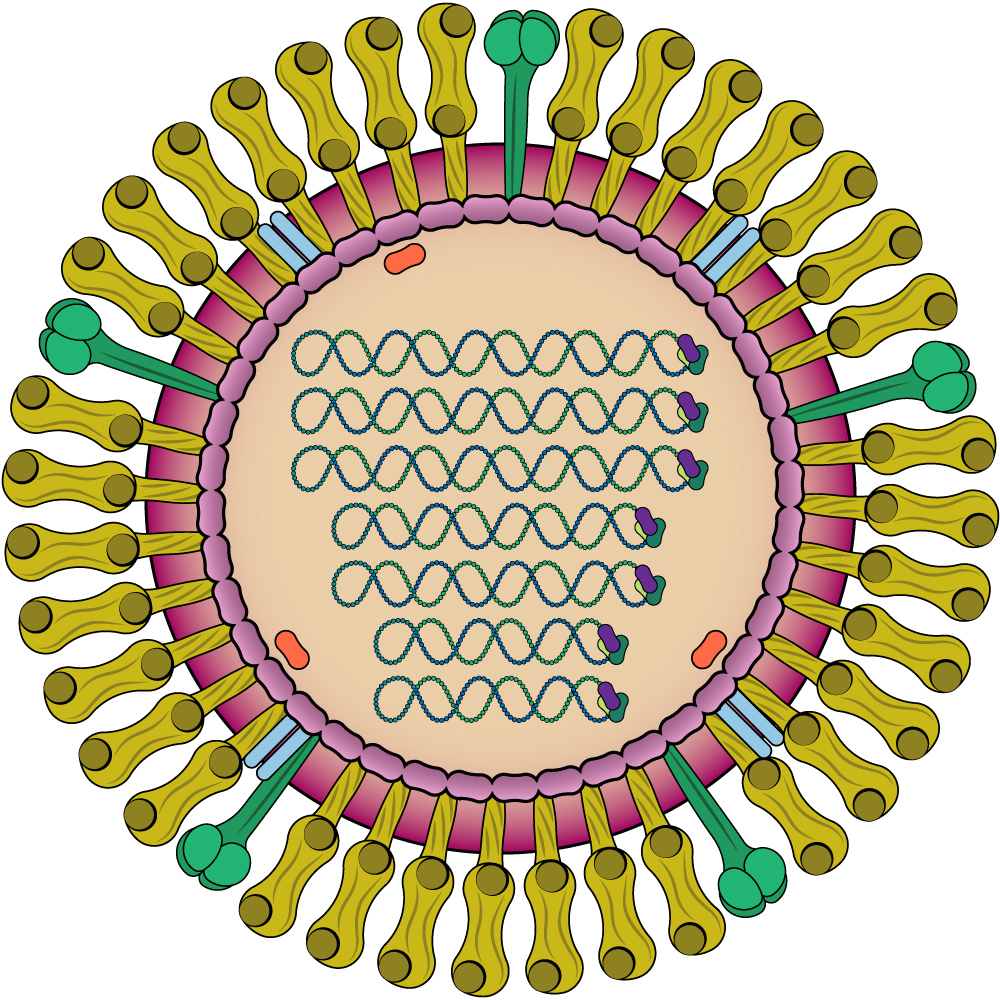
Orthomyxoviridae (Influenza)
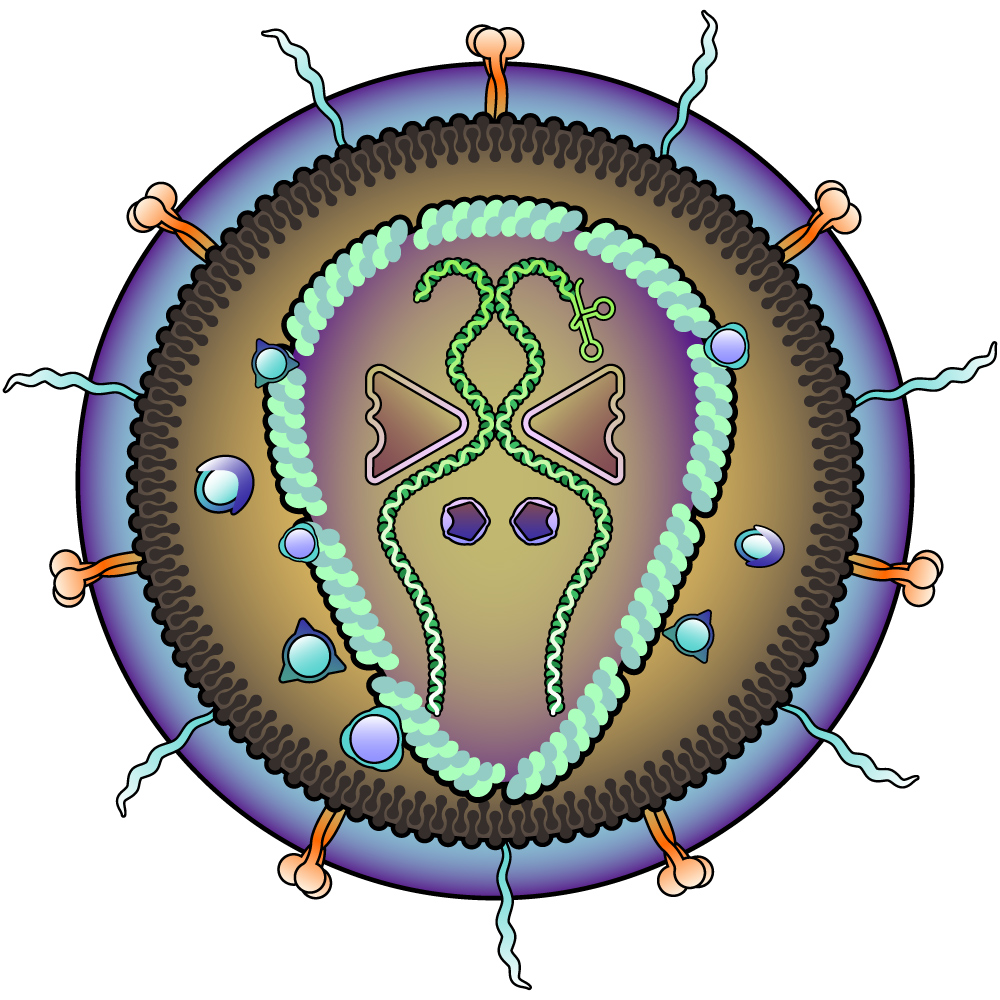
Retroviridae (HIV)

Papillomaviridae (HPV)
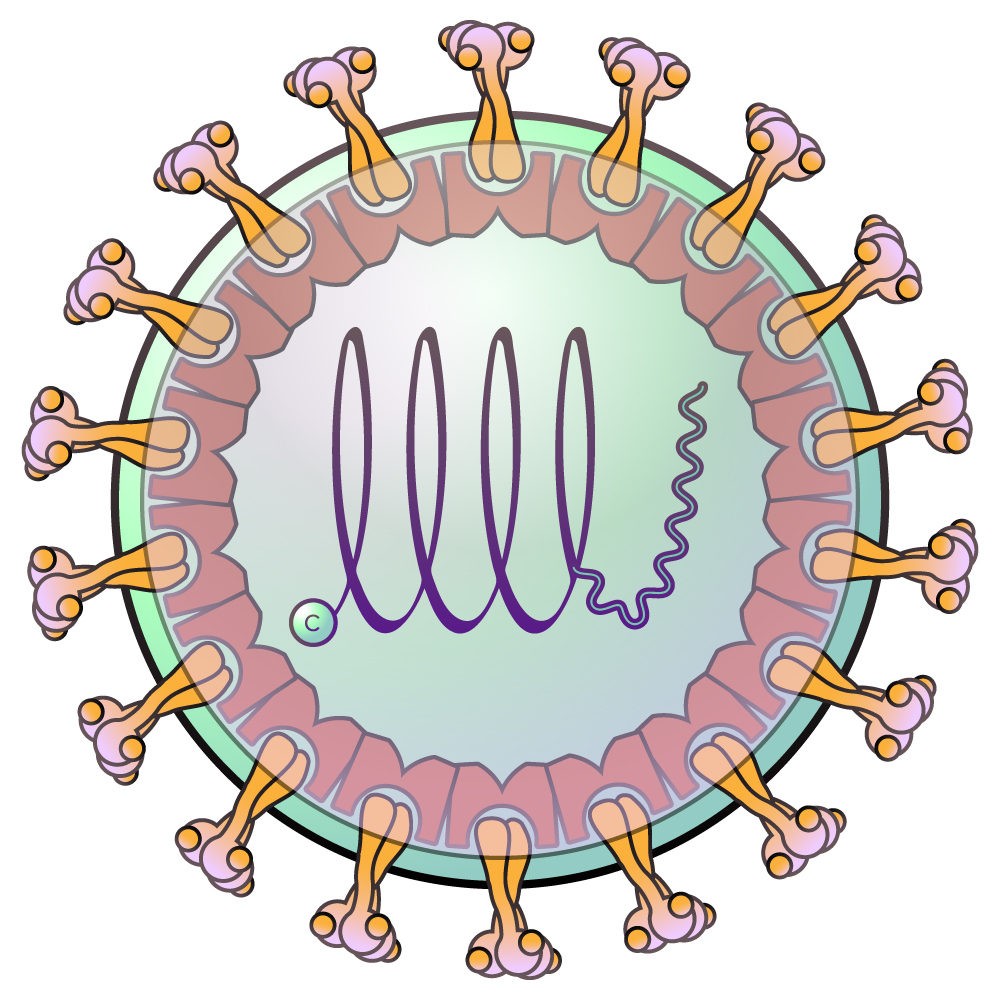
Togaviridae (Measles)
DNA versus RNA Viruses
Viruses are initially grouped on the type of genetic material, RNA or DNA. RNA virus genomes can be double stranded, positive single stranded, or negative single stranded, whereas DNA virus genomes can be single stranded, linear double stranded, or circular double stranded. Positive stranded ssRNA genomes can be directly translated into protein by the host, while negative stranded ssRNA genomes must be converted to a positive strand by RNA-dependent RNA polymerase before translation. Retroviruses have RNA genomes and use reverse transcriptase to generate a DNA intermediate during replication, which is integrated into the host genome and transcribed back into RNA.
DNA viral genomes can be large, encoding hundreds of viral proteins, whereas RNA viruses usually encode only a few proteins. DNA viruses have lower mutation rates due to the editing functions of the DNA polymerase and some are capable of integrating into the genomes of the host cell. RNA viruses undergo frequent mutation, enabling them to diversify to escape host immune mechanisms. Both DNA and RNA viruses manipulate a broad number of host cellular processes by interacting with host proteins involved in the cell cycle, transcription, nuclear transport, viral processing, packaging, and virion release.
References
- Reference: Durmus, S and Ulgen, KO. Comparative interactomics for virus-human protein-protein interactions: DNA viruses versus RNA viruses. (2017) FEBS Open Bio 7(1): 96-107. doi: 10.1002/2211-5463.12167










